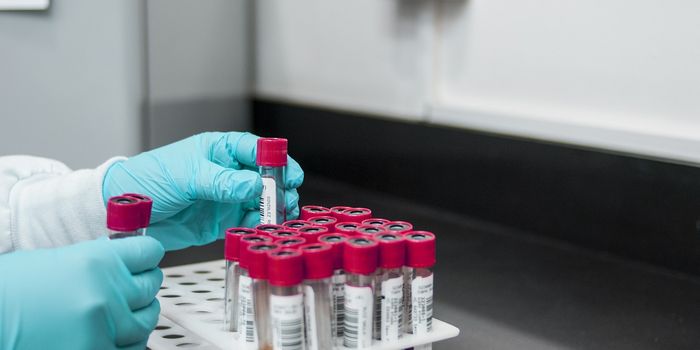Antibody Pulls Cancer Fugitives From Inside Bones
Most cancers kill by invading distant parts of the body where treatment is more difficult to reach. Among these places, the nooks and crannies of bones make an excellent hiding spot for cancer metastases. But now, scientists say an antibody could stop cancer cells from finding a protective shelter in bones.
For cancer, survival rate is inversely correlated with metastasis, the spread of cancer from the primary site to secondary organs. In fact, about 90% of cancer deaths are attributed to metastatic events.
It is this knowledge that drives researchers from at the Kang lab, based at Princeton University in New Jersey. "The Kang Lab primarily studies breast cancer metastasis — how cancer cells spread from the breast to other organs — because what kills the vast majority of cancer patients is not the original tumor but rather metastasis,” said Hanqiu Zheng, the study’s lead author.
Bone metastases are especially difficult to treat. Often, when the cancer has spread to the bones, the prognosis is grim.
"Previous work in the lab had shown that a molecule called Jagged1 is a critical part of this crosstalk and makes it easier for breast cancer cells to metastasize to bone,” explained Rebecca Tang, a study co-author who also works at the Kang lab. "We, therefore, wanted to see if we could prevent or reduce metastasis by using an antibody called 15D11 to block Jagged1.”
In particular, the team honed in on osteoblasts, specialized cells that secrete the matrix for bone growth and formation. But these cells can be tricked into being a safe harbor for runaway cancer cells.
"Tumors are essentially hiding in the cradles of the osteoblasts," said Kang.
Could the 15D11 antibody force cancer fugitives out of its hiding place? Indeed, when the team treated cells with 15D11 and chemotherapy, the anticancer effect was more pronounced than if treated with chemotherapy alone. This same result was achieved in a mouse model of breast cancer with metastasis to the bones. Furthermore, in one instance, they found that the 15D11 antibody and chemotherapy combo reduced the tumor by more than 100-fold.
“This is a remarkable response that we have never observed in any of our previous tests of therapeutic agents against bone metastasis in mice,” said Yibin Kang, the study’s senior author.
It seems the 15D11 antibody prevents cancer cells from using osteoblasts as a chemotherapy shield. In the presence of 15D11, chemotherapy can find and destroy more of these previously hidden cancer cells.
Next, the researchers want to test the antibody in human trials. They’re also hopeful that the antibody will work across a variety of different cancer types.
Additional sources: MNT










